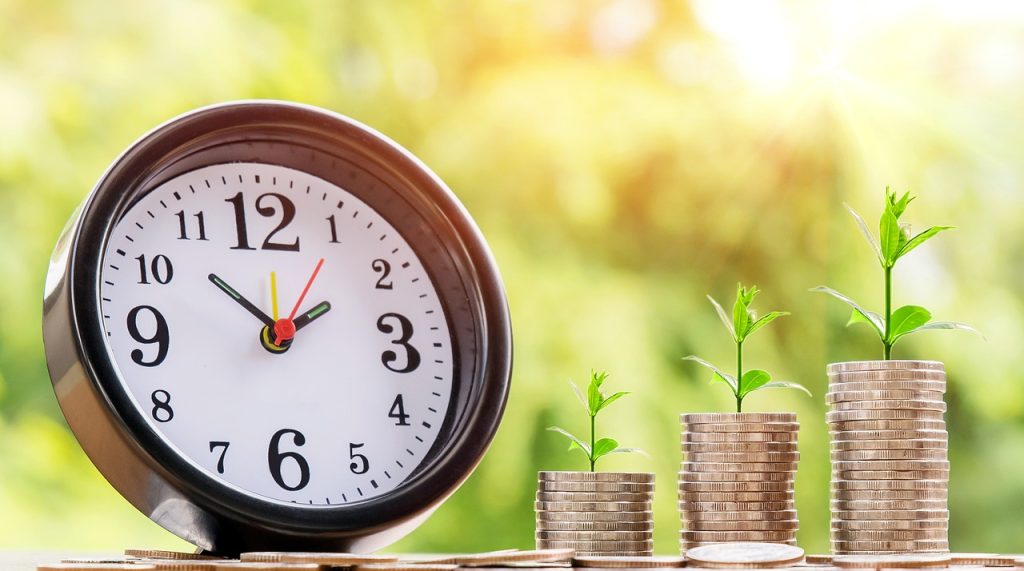
People often treat the market like a puzzle with a clear solution. Follow the rules, mimic the experts, and predict success will follow.
It doesn’t work that way.
Markets are unpredictable. Risk is constant. Even after reading countless reports and analyzing endless charts, the toughest question remains: when to act, and when to hold back.
The Lesson I Learned by Waiting
A few years ago, I invested in a stock that seemed perfect. Strong earnings, positive buzz, a reliable product. I felt confident.
Then came a disappointing quarter.
The stock price dropped significantly. I considered selling. Instead, I waited.
Years later, that stock was worth more than double my initial investment. The company hadn’t changed much. Time made the difference.
That’s when I realized > the market doesn’t always reward quick decisions. Sometimes, it rewards patience.
Risk Shifts With Your Approach
Chasing quick profits? You’re taking a gamble. A single piece of bad news can derail your position.
But extend your timeline, and the noise starts to fade.
Thinking 10, 20, or 30 years ahead? You’re not betting on headlines. You’re betting on the company, its team, its ability to adapt.
Time isn’t a guarantee, though. More time means more opportunities for things to go wrong. Leadership changes. Markets evolve. Products fail. Patience requires good judgment.
As Peter Bernstein said: “Survival is the only way to get rich.”
The Trades That Haunt You
Some mistakes are forgettable. Buy the wrong shirt? You stop wearing it. Cut your hair too short? It grows back.
Buy the wrong stock at the wrong time? That lingers. Especially if you panic and sell.
The worst feeling? Knowing you were right… but too early. Or too late.
You hesitated, and the stock climbed. Or you bought at the peak, and it plummeted. Either way, the lesson is clear: timing matters more than confidence. No one gets it perfect.
There’s no formula. The market forces you to decide without all the answers. Get comfortable with that.
Sometimes, Doing Nothing Is the Best Move
Not acting is a decision. And often, it’s the right one.
You don’t have to take every trade. You don’t have to chase every opportunity. Not every “hot tip” deserves your attention.
Think of poker. You fold more than you play. You wait for the right moment. Investing works the same way.
But here’s the catch: smart waiting isn’t indecision. Wait too long, and you’ll miss the big opportunities. Amazon. Apple. Infosys. Miss them early, and they’re hard to catch later.
It’s a balancing act. Wait but not forever.
How to Decide When to Act
Over the years, I’ve relied on a few key questions:
-
What’s the goal? Long-term growth or quick profits?
-
What’s the worst-case scenario? Can I handle the loss if I’m wrong?
-
Am I following a plan, or just reacting? Panic and FOMO are poor guides.


